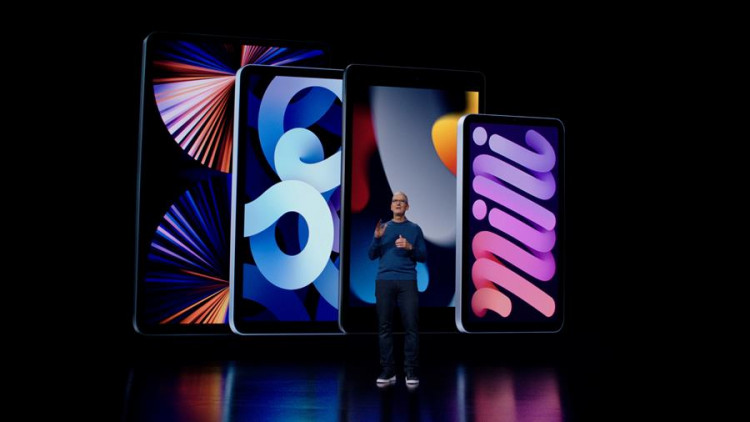The latest iPhones from Apple, the iPhone 14 and iPhone 14 Plus, will not include physical SIM cards. At today's event in Cupertino, Apple revealed that eSIM will be the only method the iPhone 14 series authenticates with wireless carriers - at least in the United States.
Apple has enabled eSIMs on iPhones since the iPhone XS, XS Max, and XR in 2018, while the technology has long been supported on its current cellular iPads and Apple Watches.
Users will be able to take full advantage of a carrier's 4G LTE or 5G networks and use their phone in the same way they have in the past with eSIMs.
For individuals who wanted to have both a personal and a professional number on one smartphone, the iPhone 13 series from last year even supported several eSIMs at once.
Major carriers, according to Apple, will offer resources to help with eSIM-related inquiries, service upgrades, and modifications. These carriers include T-Mobile, Verizon, and AT&T.
There shouldn't be any significant changes to the basic experience, but getting rid of the necessity to purchase a physical SIM card from a carrier may have some advantages. While in the past you might have required to acquire a new SIM card, now the provider can simply deliver an update immediately to the phone whenever a network provides a new function.
According to The Verge, the iPhone 14 can accommodate up to six eSIM cards, with up to two active ones at the same time; the iPhone 14 Pro can handle eight.
A Wall Street Journal report a few months back highlighted that eSIM technology has been popular in Europe and Asia, where people tend to move between prepaid plans to acquire the finest data package available, and why this technology will only gain traction.
Even in the United States, where most customers stick with one carrier, the three big providers are prepared for this cardless future. According to the Wall Street Journal, with last year's iPhone 13, Apple stopped including physical SIM cards in the box, and some Android manufacturers even ceased supporting physical SIMs entirely.
Apple will adopt this no physical SIM strategy in the US, but all other regions will continue to offer the SIM tray even though the Cupertino company will continue to encourage users to use eSIM technology.
"It's a natural evolution," Jeff Howard, vice president of mobile devices and accessories at AT&T, said. "It's going to make the experience better down the road."
The new iPhone 14 series will be available for pre-order on Friday, with an official release date of Sept. 16.





